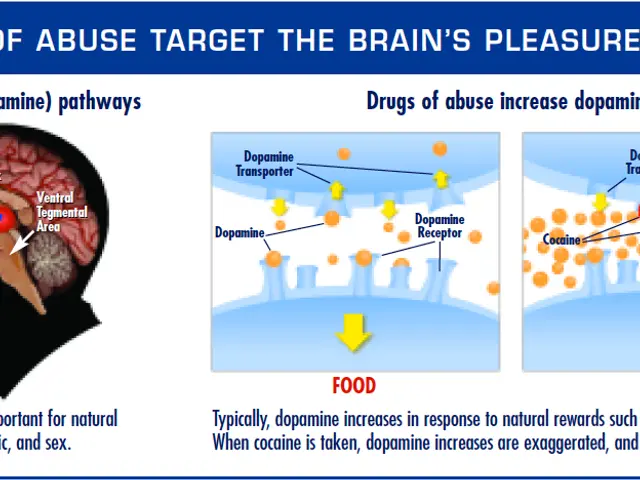Regulations and Advisory on TSCA Inventory Management
The Environmental Protection Agency (EPA) has recently published guidelines for creating structurally descriptive generic names for confidential chemical substances. This new guidance, published in 2018, is a crucial step in reporting under the Toxic Substances Control Act (TSCA).
These guidelines are designed to assist companies in creating structurally descriptive generic names for their chemical substances, particularly those that assert a confidentiality claim. The EPA emphasises the importance of a clear and descriptive name for these substances, ensuring transparency and understanding.
The EPA's guidelines are separate from various compliance advisories, including those on the applicability of TSCA to Mixed Metal Oxides, Cathode Active Materials (CAMs) and Modified CAMs, Chemicals made from Petroleum and Renewable Sources Used as Fuels and Fuel Additives and Distillates, Complex Reaction Products, and Isotopes.
The EPA's focus on creating generic names is not limited to these specific substances. The agency also provides guidelines for Mixtures, both Formulated and Statutory, Polymeric Substances, UVCBs, and Substances with Varying Carbon Chain Lengths.
The EPA's guidelines for creating generic names update those published previously in an appendix to the 1985 publication of the TSCA Inventory, which was first compiled by the EPA in 1979. The appendix, titled "Generic Names for Confidential Chemical Substance Identities", remains a valuable resource.
In addition, the EPA has developed a document titled "Monomer Acid and Derivatives" for public reference. The EPA may also disclose the structurally descriptive generic name to the public, further promoting transparency.
These new guidelines are a significant step forward in the management and reporting of chemical substances under TSCA, ensuring a clear and consistent approach to naming confidential substances. The EPA's commitment to providing comprehensive and accessible guidance is commendable and will undoubtedly contribute to a safer and more informed chemical industry.
Read also:
- EU's ban on bean exports from Nigeria results in an annual loss of $363 million for the country, according to AAPN.
- Rapid action required: Scientists urgently working to freeze a severely endangered tree species to prevent its extinction
- New York City Council Proposes Legislation to Eliminate Fluoride from Public Water Supply
- Impact of Alcohol Consumption During Pregnancy: Consequences and Further Details








